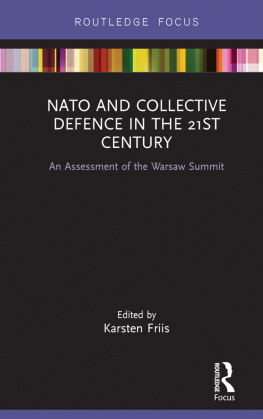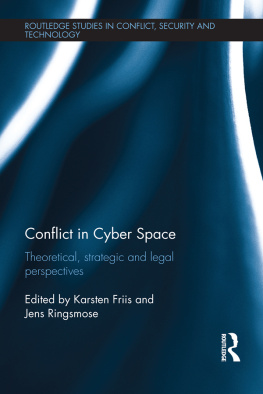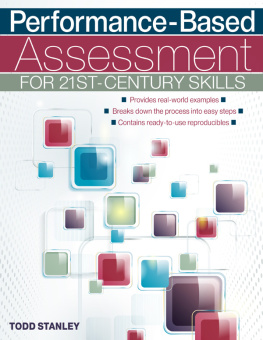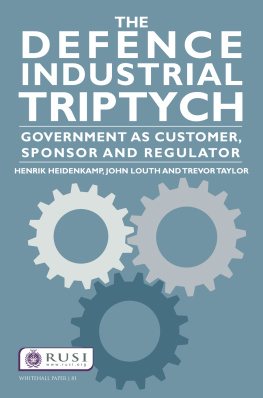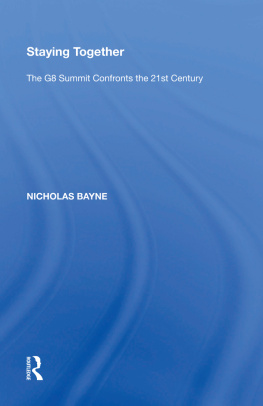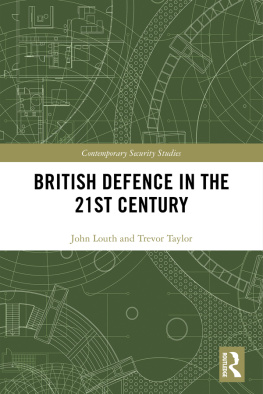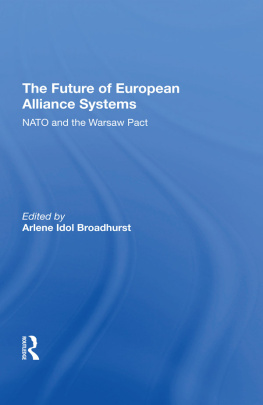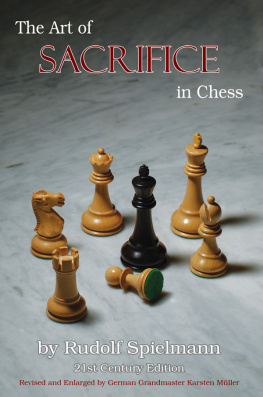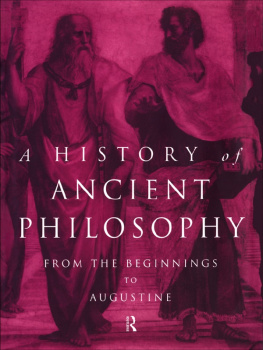Karsten Friis - NATO and Collective Defence in the 21st Century: An Assessment of the Warsaw Summit
Here you can read online Karsten Friis - NATO and Collective Defence in the 21st Century: An Assessment of the Warsaw Summit full text of the book (entire story) in english for free. Download pdf and epub, get meaning, cover and reviews about this ebook. year: 2017, publisher: Routledge, genre: Politics. Description of the work, (preface) as well as reviews are available. Best literature library LitArk.com created for fans of good reading and offers a wide selection of genres:
Romance novel
Science fiction
Adventure
Detective
Science
History
Home and family
Prose
Art
Politics
Computer
Non-fiction
Religion
Business
Children
Humor
Choose a favorite category and find really read worthwhile books. Enjoy immersion in the world of imagination, feel the emotions of the characters or learn something new for yourself, make an fascinating discovery.
- Book:NATO and Collective Defence in the 21st Century: An Assessment of the Warsaw Summit
- Author:
- Publisher:Routledge
- Genre:
- Year:2017
- Rating:3 / 5
- Favourites:Add to favourites
- Your mark:
- 60
- 1
- 2
- 3
- 4
- 5
NATO and Collective Defence in the 21st Century: An Assessment of the Warsaw Summit: summary, description and annotation
We offer to read an annotation, description, summary or preface (depends on what the author of the book "NATO and Collective Defence in the 21st Century: An Assessment of the Warsaw Summit" wrote himself). If you haven't found the necessary information about the book — write in the comments, we will try to find it.
Karsten Friis: author's other books
Who wrote NATO and Collective Defence in the 21st Century: An Assessment of the Warsaw Summit? Find out the surname, the name of the author of the book and a list of all author's works by series.
NATO and Collective Defence in the 21st Century: An Assessment of the Warsaw Summit — read online for free the complete book (whole text) full work
Below is the text of the book, divided by pages. System saving the place of the last page read, allows you to conveniently read the book "NATO and Collective Defence in the 21st Century: An Assessment of the Warsaw Summit" online for free, without having to search again every time where you left off. Put a bookmark, and you can go to the page where you finished reading at any time.
Font size:
Interval:
Bookmark:
by Routledge
2 Park Square, Milton Park, Abingdon, Oxon OX14 4RN
711 Third Avenue, New York, NY 10017
A catalogue record for this book is available from the British Library
Names: Friis, Karsten, 1968 editor.
Title: NATO and collective defence in the 21st century : an assessment
LC record available at https://lccn.loc.gov/2016051968
ISBN: 978-1-315-22785-6 (ebk)
by Apex CoVantage, LLC
Robin Allers is Associate Professor at the Norwegian Institute for Defence Studies (IFS) and programme manager for the research programme Security and Defence in Northern Europe (SNE). Before joining IFS in 2009, he worked at the History Department of the University of Oslo. His teaching and research interests include NATO, EU as an international security actor, EUNATO relations, and German and Norwegian security policy. His latest publications include Are we doing enough? Change and continuity in the German approach to crisis management ( German Politics , published online May 2016) and The framework nation. Can Germany lead on security? ( International Affairs 92:5, 2016).
Christopher Coker is Professor of International Relations at the London School of Economics and a Visiting Professor at the Swedish Defence College. He is a former NATO Fellow and has served two terms at the Council of the Royal United Services Institute. In addition to being a serving member of the Washington Strategy Seminar and the Institute for Foreign Policy Analysis he is also a regular lecturer at the NATO Defense College (Rome), the Royal College of Defence Studies (London); the Centre for International Security (Geneva) and the National Institute for Defence Studies (Tokyo). His most recent books include Future War (Polity, 2015) and Can War Be Eliminated? (Polity, 2014).
Dr Ann-Sofie Dahl is Associate Professor (docent) of International Relations, and Adjunct Fellow at the Center for Strategic and International Studies (CSIS) in Washington, DC. She was a Senior Research Fellow at the Centre for Military Studies in Copenhagen from 2013 to 2016 and a Visiting Fellow at NATO Defense College in Rome in 2012. Prior to that she had been affiliated with various research institutions and universities in the USA and Scandinavia. Her research focuses on Nordic-Baltic security, NATO, and the transatlantic link. Among her recent publications is Baltic Sea security: How can allies and partners meet the new challenges in the region? (2016 ed.).
Dr Jacek Durkalec is a Research Analyst at the Polish Institute of International Affairs (PISM). He has been working at PISM since July 2010, focusing on NATOs deterrence and defence policy, nuclear and conventional arms control, missile defence, and WMD non-proliferation issues. Before joining PISM, he was a staff member in the Missile Defence Office of the Polish Ministry of National Defence from February 2009 to June 2010. His work experience also includes an internship from July to September 2008 in the Strategic Planning Unit of the Executive Office of the Secretary-General of the United Nations. Jacek Durkalec holds a Doctorate in Political Science from the Institute of Political Science and International Relations, Jagiellonian University (2016).
Karsten Friis is Head of the Security and Defence Research Group at the Norwegian Institute of International Affairs (NUPI). He holds degrees from the University of Oslo and London School of Economics. Friis has previously worked for the OSCE in the Western Balkans and for the Norwegian Armed Forces. His main area of expertise is security and defence policies, international military operations, civilianmilitary relations, cyber security, as well as the Western Balkans. His recent publications include Conflict in Cyber Space: Theoretical, strategic and legal perspectives (2016, eds. with Jens Ringsmose) and The Norwegian Approach to Afghanistan: CivilianMilitary Segregation in Gundersen, Jon and Melanne A. Civic (eds.) Unity of Mission: CivilianMilitary Teams in War and Peace (2016).
Dr Jakub M. Godzimirski holds a PhD in social anthropology and has since 2012 been Research Professor at the Norwegian Institute of International Affairs (NUPI), where between 1995 and 2012 he also served as Senior Research Fellow at the Centre and Department of Russian and Eurasian Studies. In 200910 he headed the NUPI Energy Programme, and from 2012 to 2014 the Research Group on European Affairs. His research focuses on developments in Eastern Europe and post-Soviet space, including security and foreign policy, and migration and diaspora-related questions. His most recent publication is EU Leadership in Energy and Environmental Governance: Global and Local Challenges and Responses (2016, ed.)
Font size:
Interval:
Bookmark:
Similar books «NATO and Collective Defence in the 21st Century: An Assessment of the Warsaw Summit»
Look at similar books to NATO and Collective Defence in the 21st Century: An Assessment of the Warsaw Summit. We have selected literature similar in name and meaning in the hope of providing readers with more options to find new, interesting, not yet read works.
Discussion, reviews of the book NATO and Collective Defence in the 21st Century: An Assessment of the Warsaw Summit and just readers' own opinions. Leave your comments, write what you think about the work, its meaning or the main characters. Specify what exactly you liked and what you didn't like, and why you think so.

